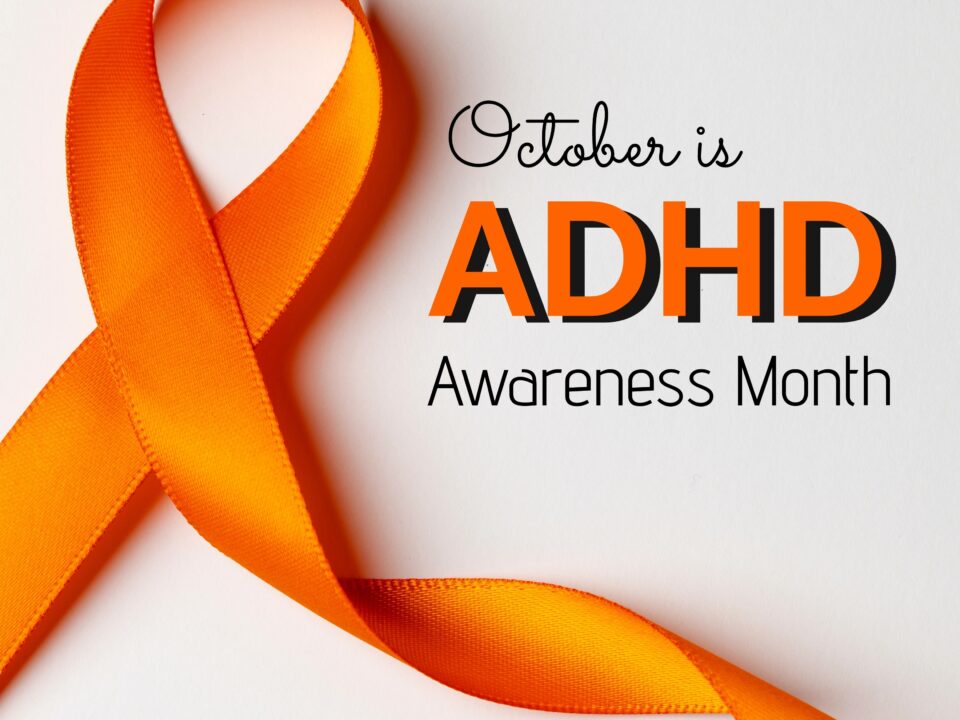January 13, 2026
When my boys were very young, we went through one particularly challenging period when they were all up at night… every night. There was bed-wetting, hall wandering, night terrors, and night feedings. And yes, when I showed up at the bus stop those next mornings, my neighbors could see it had been yet another weary night.
Recent multiple peer-reviewed studies have found a very high rate of sleep disorders among autistic and ADHD children, significantly higher than the typical population.
So what’s happening, and perhaps more importantly, what’s a parent to do?









